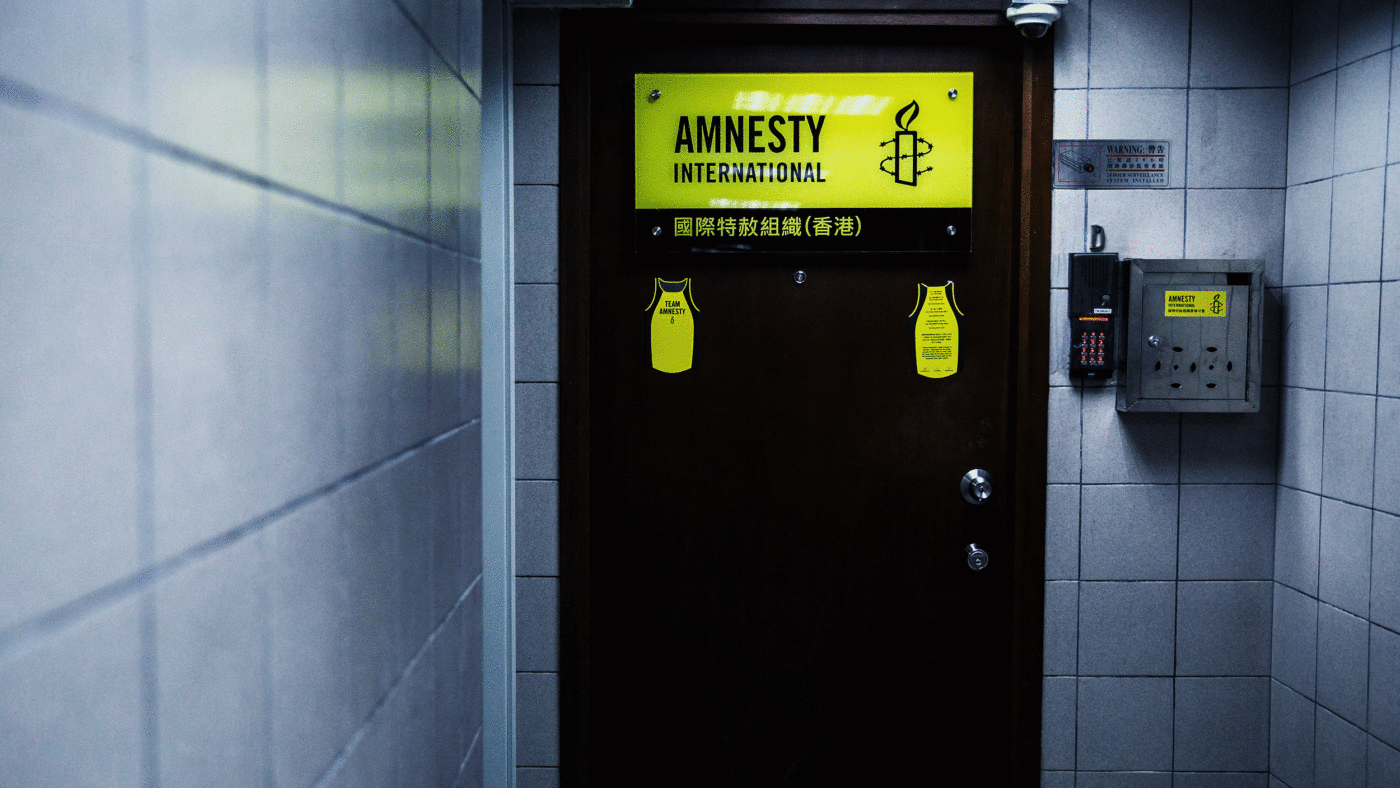Sometimes in the middle of a term it is difficult to take a step back and reflect on a Government’s achievements and Parliament’s credibility. Yet on the issue of Hong Kong we should all feel pride in the way that Government and Parliament have stepped up. In a matter of months, the Home Office has set up the fully functional British National (Overseas) visa system from scratch. This astonishing feat is the embodiment of the British values. As a result, an estimated 123,000 to 153,000 BN(O)s are expected to arrive in the first year.
In addition, Parliament has taken seriously the responsibility to do more on the issue of Hong Kong. For example, two Amendments to the Nationality and Borders Bill, which I support, will extend BN(O) status to those born after 1997 and extend Right of Abode to Hongkongers who served in the British Armed Forces.
We now have a commitment to the people of Hong Kong in our domestic policy, to ensure they are welcomed and given all the opportunities that they deserve. That is why I established the Conservative Friends of Hong Kong earlier this year. It is a grassroots network to support new arrivals to ensure a positive, Conservative response across the country.
It would be a dereliction of duty, however, to forget our commitment to the people of Hong Kong in our foreign policy. Those who choose to stay in the city must know the UK is at their side.
The closure of Amnesty International’s offices bodes poorly in this regard. First, they came for the Civil Human Rights Front. Then, the Hong Kong Alliance. Now, Amnesty International. These are all human rights organisations that have closed or are closing down. I pray that the list will not get longer, but it surely will.
For over 40 years, Amnesty International has had an ever-present eye in Hong Kong. In those 40 years, Amnesty has been free to say whatever it wants to say, free to properly scrutinise the actions of state policy, and free to be a bastion and upholder of human rights, even in ‘the darkest of days’. Amnesty International, although not always in harmony with Conservatives in this country, has played a vital part in ensuring that people across Hong Kong and Asia have had a powerful voice, a voice that has always been willing to stand up to the Government of Hong Kong, as human rights abuses have mounted.
In Hong Kong alone Amnesty International have in recent years raised the plight of sex workers, challenged the arrest of pro-democracy activists, and have spoken up on the National Security Law.
The National Security Law has not only undermined existing commitments to protect the freedoms enjoyed by Hongkongers (as set out in the Sino-British Joint Declaration), but it has also potentially restricted any independent organisation from scrutinising the day-to-day policies of the government without severe repercussions, effectively banning criticism of the government.
These implications are now being felt, with organisations either towing the Hong Kong government’s line, like HSBC, or being forced out of the country, as with the case with Amnesty International. In a statement, the organisation said, ‘This decision, made with a heavy heart, has been driven by Hong Kong’s national security law, which has made it effectively impossible for human rights organisations in Hong Kong to work freely and without fear of serious reprisals from the government.’
Indeed just last week we saw a Hong Kong activist jailed for nearly six years, the second person to be jailed under the law.
It is our responsibility as a signatory of Sino-British Joint Declaration, to stand up for individuals and organisations to be able to live and operate in Hong Kong, without coercion from the state.
Britain has a duty to respond. Yet how can we respond, if we don’t know what we are responding to? Without human rights monitors such as Amnesty International, the risk is that Hong Kong increasingly turns into another blind spot: a place where we know human rights are being abused, but where information is too tightly controlled to say much definitively.
Today I am proud to be bringing this issue to the Government’s attention, with an adjournment debate on the floor of the House of Commons, where I will be given the opportunity to lay out in detail my concerns and the concerns of the Conservative Friends of Hong Kong, as well as other Parliamentary colleagues, about this issue. The Government will then be obliged to respond and to detail how it will ensure human rights are monitored.
Action so far on Hong Kong has been positive, but it is surely now time go further. It is time to extend the BN(O) scheme, reconsider the participation of sitting British judges on the Hong Kong Court of Final Appeal, consider applying Magnitsky-style sanctions and of course do everything we can to support the remaining civil society organisations
Our obligations to Hong Kong remain undimmed. Yet the closure of Amnesty International will make them harder to fulfil.
Click here to subscribe to our daily briefing – the best pieces from CapX and across the web.
CapX depends on the generosity of its readers. If you value what we do, please consider making a donation.


